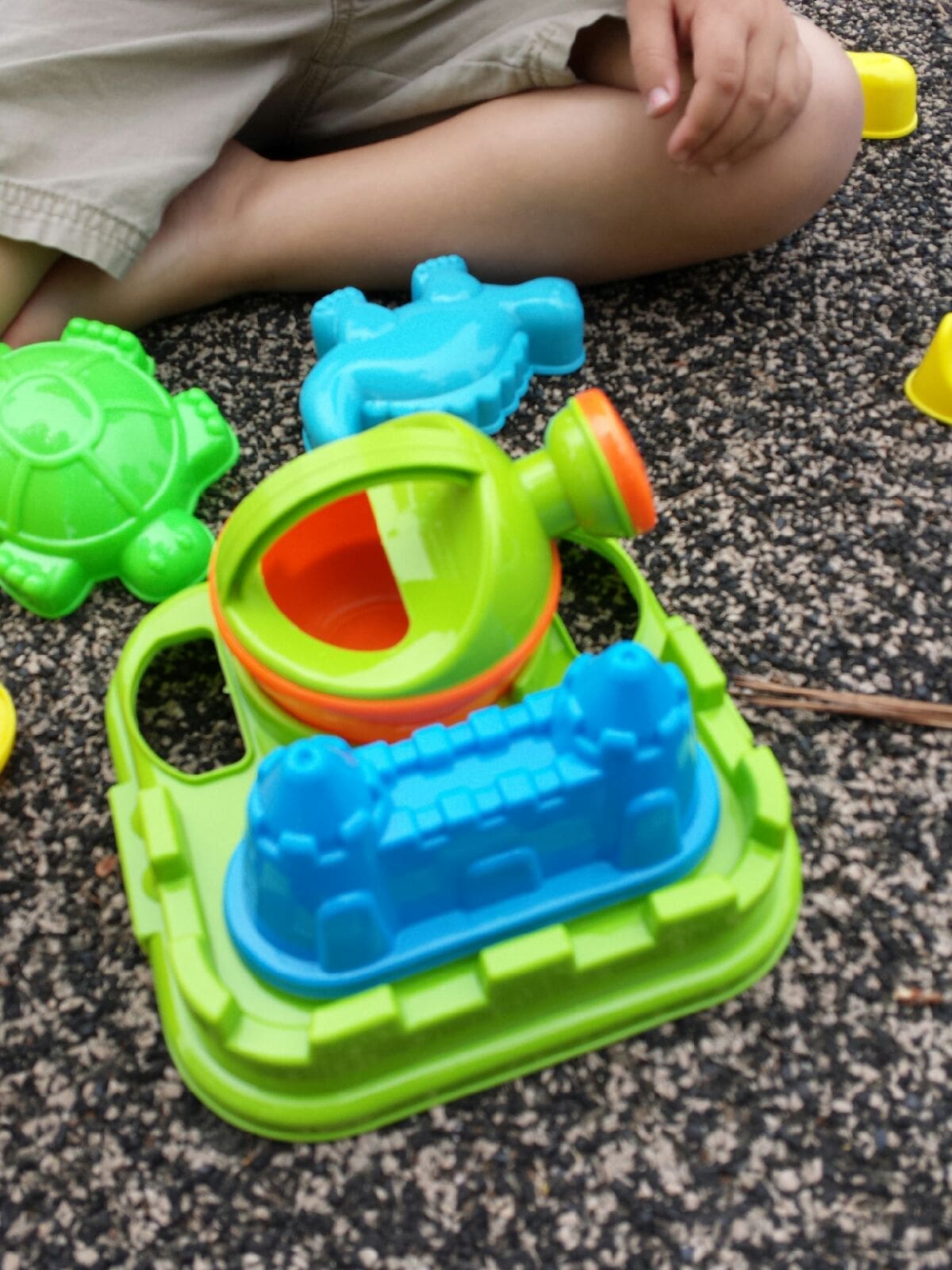How to Keep Your Kids Safe on the Web
The Internet is really, really great. Everybody knows this. If it wasn’t, it wouldn’t have become so culturally ubiquitous. Of course, not every corner of the Internet is bright and shiny and that’s why it is so important to monitor what our kids are doing there and to teach them how to be safe online. Here are some tips to help you do just that.
Get Used to Having Uncomfortable Conversations
Every article about keeping your kids safe online will tell you the same thing: you have to talk to your kids and you have to help them feel comfortable opening up to you–even when they think you might not like what they have to say. The last thing you want is for your kids to hide something that makes them scared or uncomfortable. You want them to come to you.
So, get used to feeling uncomfortable and fielding awkward questions. Everyone will be the better for it.
Lay Down Some Hard and Fast Rules
When your kids are young, it is easy to control exactly what they will see and experience online. As they get older, though, you’re going to have to allow them some room to explore. That doesn’t mean, however, that you should allow them to roam freely and experiment online without any repercussions. Here are some of the best (and most common) rules that should be set as early as possible:
1. Do not talk to anybody online who you do not already know in person.
2. Do not ever agree to meet anybody in person without a parent present.
3. Never give out phone numbers or addresses (to school or home)
4. Do not post pictures online without first getting a parent’s permission.
5. Do not ever share passwords with anyone who is not a parent.
6. Tell parents right away if someone sends a message that is mean or that makes you feel uncomfortable.
7. Do not respond to messages that are mean or that make you uncomfortable
8. Talk to your parents about anything you find that makes you uncomfortable or that you do not understand–whether it is something you experience or something that a friend tells you about.
Learn Basic Internet Safety Protocols
The basic rules that you need to set up cover a lot of the basic rules of safety online. Not talking to people they don’t know, not posting pictures without permission, etc. It is important, though, that you also know how to handle safety issues on the adult level. For example, if someone sends threatening or lewd messages to your kids, do not simply ignore those messages and hope they’ll stop. Report them. If the messages are from another kid, talk to that kid’s parents. If the messages are from a stranger, report them to the police! There are a lot of scary people out there waiting to take advantage of you kids. Know what to do if one of them tries anything with your children.
 Monitor Monitor Monitor
Monitor Monitor MonitorIt’s good to peek over shoulders and to ask questions about what your kids are doing when they are online. It’s also good to install some parental controls and software to help keep your kids safe when they are out in the world. For example, WebSafety makes parental control apps and tools that facilitate Internet safety for kids. You can also set timers and limits on web time, texting time, etc. When your kids are older, you can install apps that will even allow you to track your kids’ locations (which is helpful if someone is late getting home from school or has a habit of going to the movies when they say they’re going to the library).
Turn Up Your Privacy Settings
As soon as your kids are old enough to use social media (most companies say that’s at around age 13), it is important to teach them about their privacy settings and to make sure that those settings stay on the strictest levels possible. Facebook, for example, is notorious for making changes that aren’t in even its youngest users’ best interest so it is important that you kids get into the habit of checking their own settings from time to time to make sure that their privacy is still in tact.
Finally, remember that your kids are going to be more tech savvy than you. Set up firm rules, teach them well and make sure they can come to you about anything. You might find that they can teach you a few things as well!




